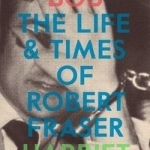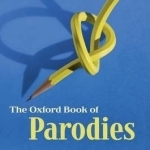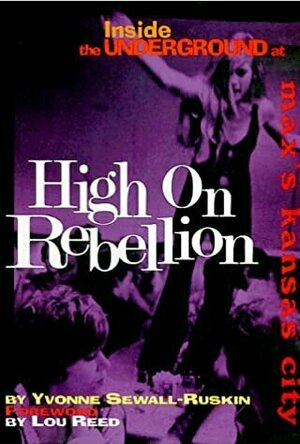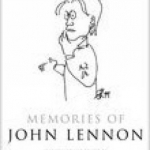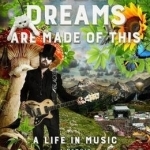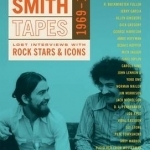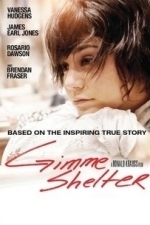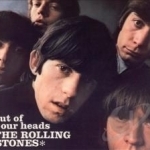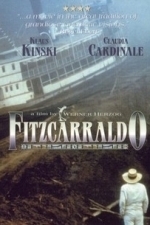"It is the British version of the album I am talking about [the US release would include '(I Can't Get No) Satisfaction'] and mostly because of the cover, which I think is probably my favourite ever picture of The Stones. If we are on that subject, it says quite a lot about Mick Jagger as a frontman that he was secure enough to be only third from the front on the cover of the early records. When you look at Out Of Our Heads it looks like Brian Jones' or Keith Richards' group. Mick is just peering in from the side. That's how cool Jagger was - most singers are always pushing people out of the way so they can be at the front.
Out Of Our Heads is often entirely overlooked within The Stones' catalogue. I love it because before that, on the previous albums, they were attempting to recreate the music of their heroes in an almost academic manner, with only a certain amount of success. What gave those early records credibility was that they were aficionados and experts and that was something, besides The Beatles, which was exciting to British kids.
However, they hadn't really put their own mark on their music. Out Of Our Heads moved away from blues into what then was called rhythm and blues. They were much better at appropriating that style, than they were pure blues music. There are more chords, less rootsy themes and [the songs are] more about 'finding a girl and losing a girl' and so Jagger is more believable on that album. Overall, musically, the songs just suited their style better.
Out Of Our Heads is a band just about to hit their stride and about to turn into their own songwriting machine. There is almost no other record like it. I think you could argue that if you want to really discover what The Velvet Underground were inspired by, it is probably Out Of Our Heads. Not just in terms of how the band look, but the evidence is there in the version of Marvin Gaye's 'Hitch Hike', which obviously the Velvets chopped on 'There She Goes Again' - and I used on 'There Is A Light That Never Goes Out'.
There was a point where I was into The Stones more than any other band on the planet. I found out everything there was to find out about them - about the band, about Andrew Oldham and how they made their records. That investigation was really good for me. When I formed The Smiths, they were probably the biggest influence in terms of the politics and the blueprint for a band, including the dynamic between the guitarist and the singer. When I was trying to get The Smiths together, I took the behaviour of Andrew Oldham and Brian Jones in their resourcefulness, desperation and ingenuity as the MO of The Stones as a working unit, as a source of inspiration - which was a pretty unusual thing to do in 1982."
Source
